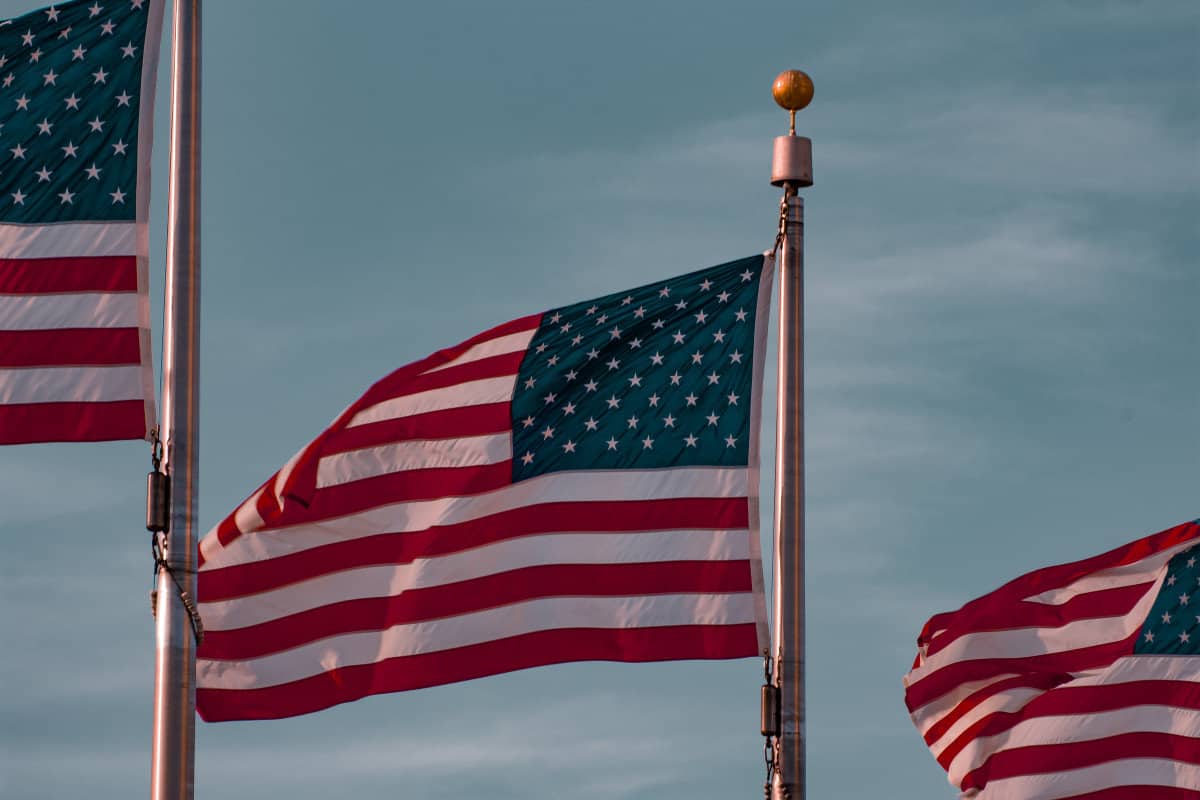How the landscape of US iGaming is changing in 2020

While it may be tempting to think that the US iGaming market is restricted by stringent regulations, a quick glance at sites such as online-gambling.com reveals that the sector is surprisingly healthy and robust.
This space has certainly seen significant change and growth over the course of the last decade or so, and while the path to market liberation has been far from smooth, it’s now approaching a point where it can realise its full potential.
But how is this playing out, and what will the landscape of online gambling in the US look like by the end of 2020? Let’s take a look!
The rise of sports betting and iGaming stateside
The last seminal market change came on May 14th 2018, when the Supreme Court of the United States issued a ruling that struck down the Professional and Amateur Sports Protection Act (PAPSA) of 1992.
This law had previously prohibited state authorities from regulating and legalising sports betting, instead banning the practice at a national level.
Fast forward two years, and a number of states have moved to legalise online sports betting stateside. These include gambling hotspots such as New Jersey, Pennsylvania and Nevada, along with relative newcomers like Colorado, Indiana, Iowa, West Virginia, Rhode Island, New Hampshire, Michigan and (and most recently) Virginia.
By the end of 2020, it’s expected that Delaware (where sports betting is currently allowed in three brick-and-mortar casinos) and New York will join the party, creating a scenario where North America will finally become one of the world’s leading gambling entities.
The online casino market has yet to experience such a seismic breakthrough, with a recent revision to the interpretation of the so-called Wire Act playing a role in this (we’ll have a little more on this later in the piece).
Currently, only three states have fully legalised online casino gameplay; namely New Jersey, Delaware and Pennsylvania. However, there’s also only a select few states that actively prohibit iGaming, and there’s reason to believe that the landscape could change markedly over the course of the next few months and beyond.
Online poker is permitted in Nevada (the spiritual home of iGaming), for example, while New York, Maine and Kentucky have also discussed the possibility of creating bills and legalising iGaming statewide.
Beyond this, states including Alabama, California and Minnesota all have ambiguous iGaming laws that don’t expressly prohibit betting and profiting from wagers, so there’s immense scope for similar bills to be passed here in the near-term.
The interpretation of the Wire Act – will this change in 2020?
We spoke earlier about the Wire Act, which was passed in 1961 and expressly prohibited the process of placing a wager over the phone in instances where the bettor is calling from one state while the operation is based in another.
During the formative years of iGaming, it was interpreted that this law applied to online as well as telephone gambling, while it was also used to prohibit sports betting and casino gaming.
This changed in 2011, when the US Department of Justice confirmed that the Wire Act only applied to sports bets that crossed state lines. This paved the way for casino gambling to become a major force stateside, with New Jersey, Delaware and Pennsylvania quickly leveraging this to their advantage by legalising the practice.
However, the Department of Justice (DOJ) surprisingly revised its opinion in 2018, stating that the Wire Act can also be applied to casino gambling. Of course, the enforcement of the new opinion has been postponed to allow for adjustments and legal challenges, while a local District Court in New Hampshire has subsequently reversed the action and reverted to the original opinion issued in 2011.
It’s hoped that this decision will be replicated in local courts nationwide, enabling the existing market to remain intact and new states to join the fold in the near-term.
The iGaming market could also shift in the wake of the U.S. election, which is still scheduled to be held on November 5th. The reason for this is simple; as leading Democrat candidate Joe Biden is thought to be a supporter of the industry and has recently opined that the 2011 interpretation of the Wire Act should remain intact.
This means that he doesn’t see the act as a federal ban on online gambling, and his election could pave the way for states like California to legalise this practice in 2021.
The last word
With iGaming markets such as Portugal enjoying sustained growth in Q1 2020, there’s a clear link between regulation, legalisation and high growth markets in the gambling sector.
North America is desperately trying to replicate this model, and it has already begun to harness the full economic potential of sports betting over the course of the last two years.
Further legal challenges and the potential election of Joe Biden (who currently holds a significant lead over Donald Trump in the polls) later in the year could change the landscape further, creating a scenario where a rising number of states legalise online casino gaming and bolster the size of the overall market.






